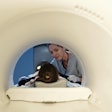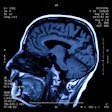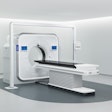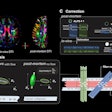The University of California, San Francisco (UCSF) has received $5.5 million from the U.S. National Institutes of Health (NIH) to develop MRI technology to scan tumors and other diseased tissue with more detail.
The technology, originally invented by GE Healthcare, has been further developed in partnership between GE and UCSF at a new center the university created at its Mission Bay campus.
The technology was tested in a small pilot study completed this year to evaluate the aggressiveness of tumors in men with untreated prostate cancer. The technique may help doctors differentiate between rare, fast-growing tumors that may pose a real threat and more common, slow-moving cancers unlikely to cause harm.
With the technique, a form of glucose called pyruvate is injected into the bloodstream of a cancer patient lying inside an MRI scanner. Using a ramped-up MRI signal, researchers can watch in real-time and measure how quickly the pyruvate is metabolized by tumor cells.

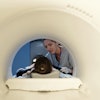

.fFmgij6Hin.png?auto=compress%2Cformat&fit=crop&h=100&q=70&w=100)

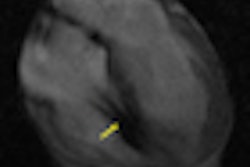

.fFmgij6Hin.png?auto=compress%2Cformat&fit=crop&h=167&q=70&w=250)
